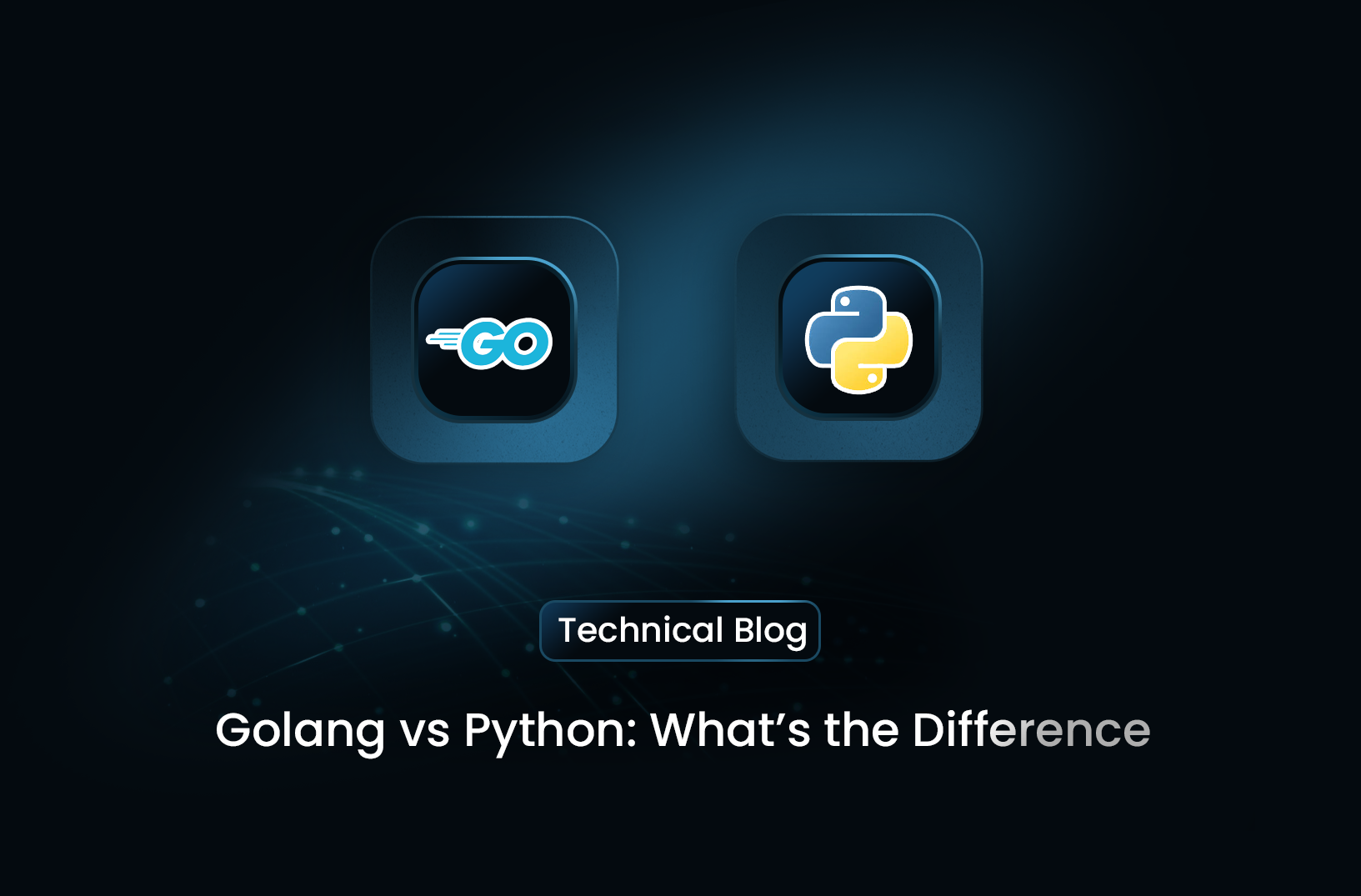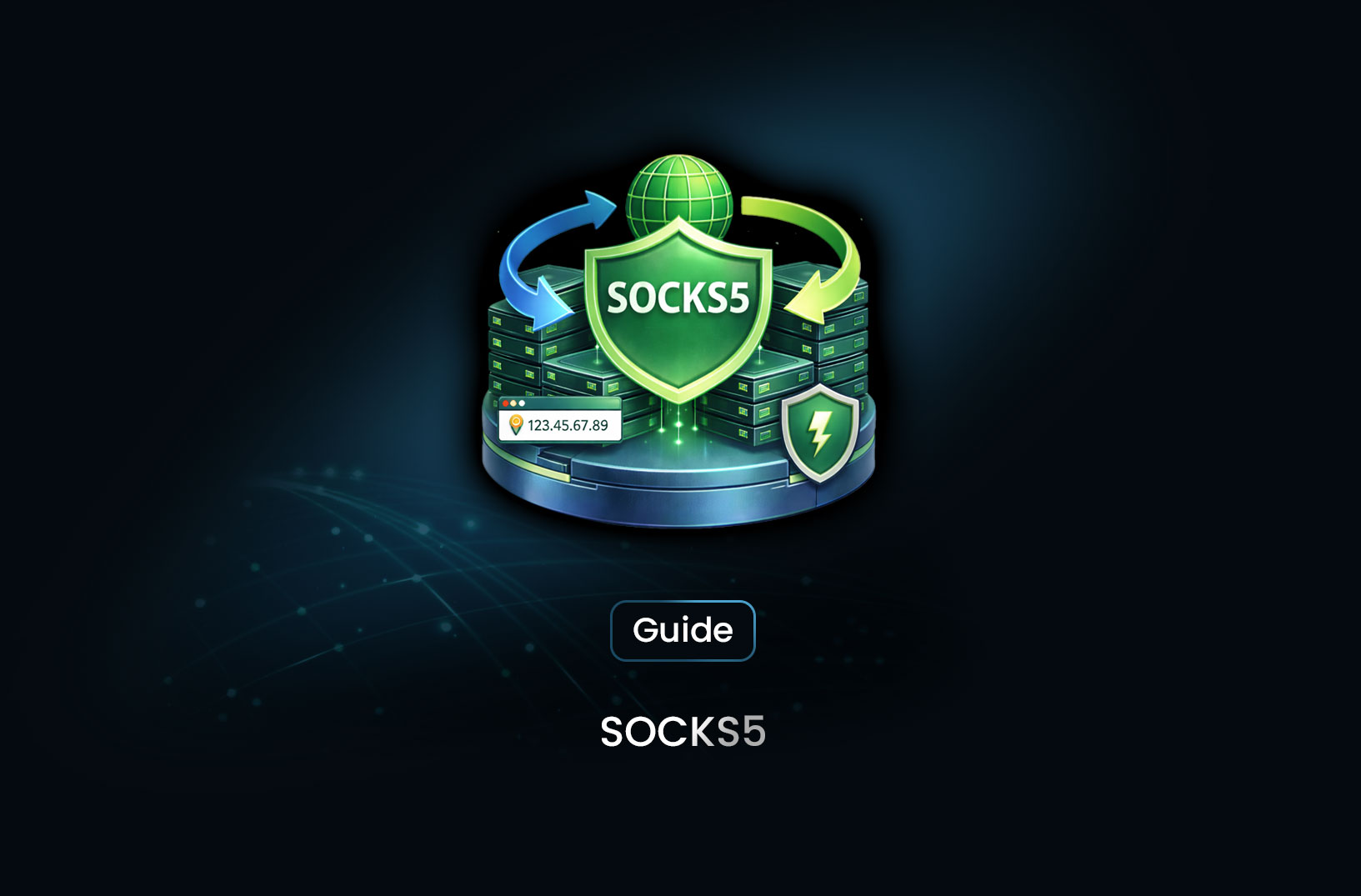
Go vs Python (2025): Which Language Should You Choose?
ArticleGo is compiled to machine code, resulting in high execution speed and efficient memory use. While Python is interpreted (CPython), leading to slower performance in CPU-bound tasks.
Selecting the right programming language is crucial for project success. Go (Golang) and Python are widely used today, but each has distinct strengths and trade-offs. This guide compares them across performance, productivity, ecosystem, and real-world applications.
Performance & Runtime Efficiency
- Go is compiled to machine code, resulting in high execution speed and efficient memory use.
- Python is interpreted (CPython), leading to slower performance in CPU-bound tasks.
Benchmarks show Go outperforms Python significantly:
- In web service tests, Go handled 15,162 requests/sec vs. Python’s 1,307—a nearly 12× difference.
- Go can run 10–50× faster for numerical or CPU-intensive workloads.
Developer Productivity & Speed of Delivery
- Python excels in rapid prototyping, with a vast, mature ecosystem—perfect for AI, data processing, automation, and full-stack web development.
- Go offers fast compilation, simple syntax, and built-in concurrency, making it ideal for CLI tools and network services.
As one developer on Reddit noted:
“Go code is a bit more verbose than python to help the checking at compilation… For longer and more complex tasks… Go is your best friend.”
Concurrency & Efficiency
- Go has native concurrency primitives (goroutines, channels), allowing efficient handling of thousands of simultaneous tasks.
- Python supports threading and async through frameworks, but its Global Interpreter Lock (GIL) limits true parallelism in CPU-bound tasks.
Ecosystem, Libraries & Use Cases
Python:
- Rich frameworks (Django, Flask, FastAPI) for rapid web development
- Dominant in AI/ML (TensorFlow, PyTorch) and data science tools
Go:
- Standard library includes efficient HTTP server, JSON, and concurrency tools
- Popular in microservices, devops (Docker, Kubernetes), and backend tools
| Use Case | Go | Python |
|---|---|---|
| Microservices / APIs | ✅ Ideal | ✅ Possible, slower |
| Web frameworks | Basic libraries (Gin) | Full-featured (Django) |
| AI / Machine Learning | Emerging support | ✅ Leader |
| CLI & DevOps tools | ✅ Excellent | ✅ Supportive |
| Prototypes & scripting | ✅ Good | ✅ Excellent |
Learning Curve & Maintainability
- Python is beginner-friendly, dynamically typed, and intuitive for fast development.
- Go has a steeper learning curve due to static typing and less abstraction—but offers clarity and maintainable code.
Job Market & Future Trends
- Python remains the most popular language (~30% on GitHub), driven by AI and automation roles.
- Go (~9% share) is growing in cloud-native software, microservices, and infrastructure.
- Salary ranges (2025 estimates): Python ($130k–$180k), Go ($140k–$200k)
When to Choose What
Choose Python when you need:
- Rapid prototyping or MVP
- AI, data science, scripting tasks
- Rich ecosystem & community support
Choose Go when you prioritize:
- High concurrency, efficiency, and low-latency services
- Simple deployment through static binaries
- Backend systems, networking tools, and microservices
Real-World Example
Consider building a high-throughput web API:
- With Go: single binary, handles ~15,000 requests/sec, minimal latency.
- With Python: easier startup, but may need more computing resources to match throughput.
Final Recommendations
- For prototyping, scripting, AI/ML, or full-stack web: Python is the clear choice.
- For performance, concurrency-heavy backend, lightweight deployment: Go offers a robust, efficient solution.
- Both languages can coexist in a tech stack—Python for front-end or ML, Go for services and tooling.
Find more insights here

FilterBypass: Unblocking Restricted Sites in a Simple Way
FilterBypass is a free web proxy that acts as an intermediary between your browser and the target si...

YouTube.com Unblocked: Accessing YouTube When It’s Restricted
Learn how to access YouTube unblocked on school, work, or regional networks. Explore VPNs, proxies,...

How to Use a SOCKS5 Proxy Server
A SOCKS5 proxy is simply a piece of infrastructure that sits between your device and the internet an...
